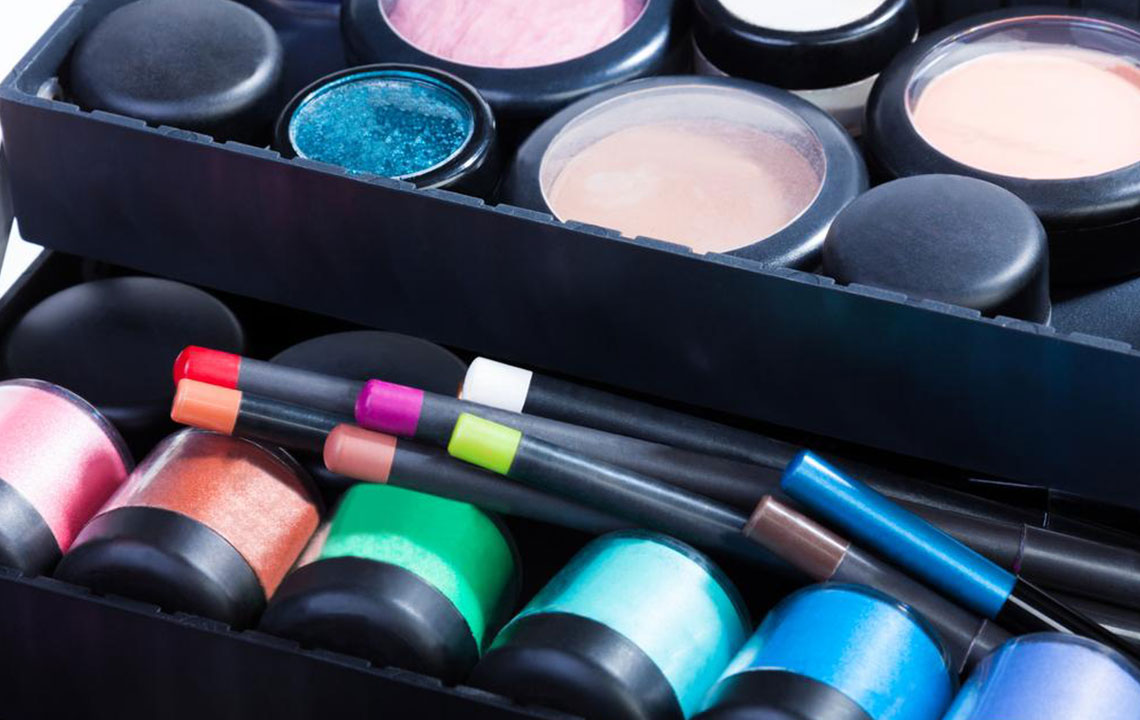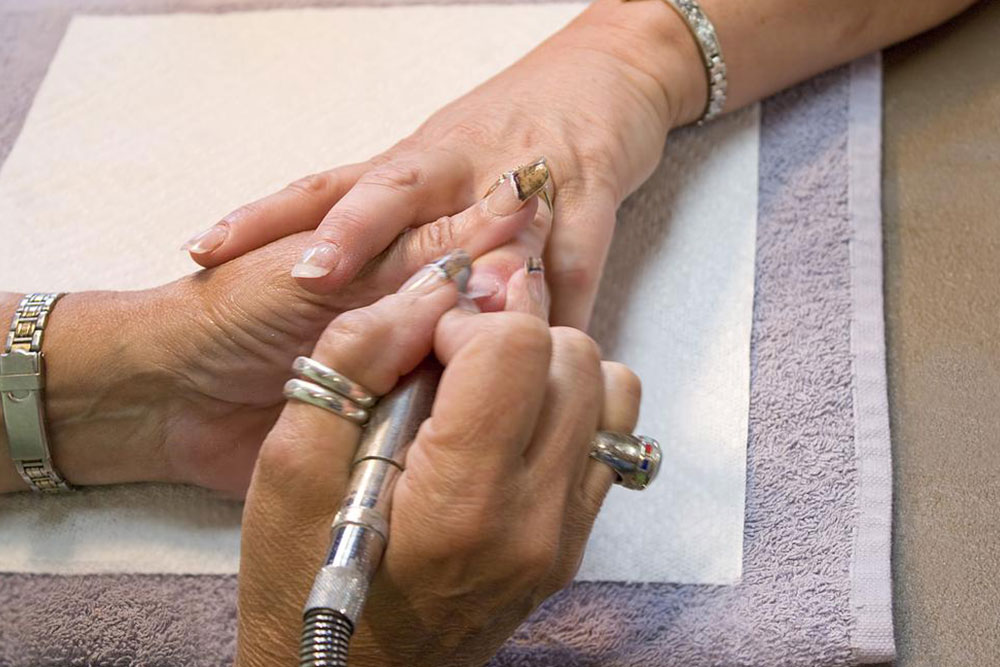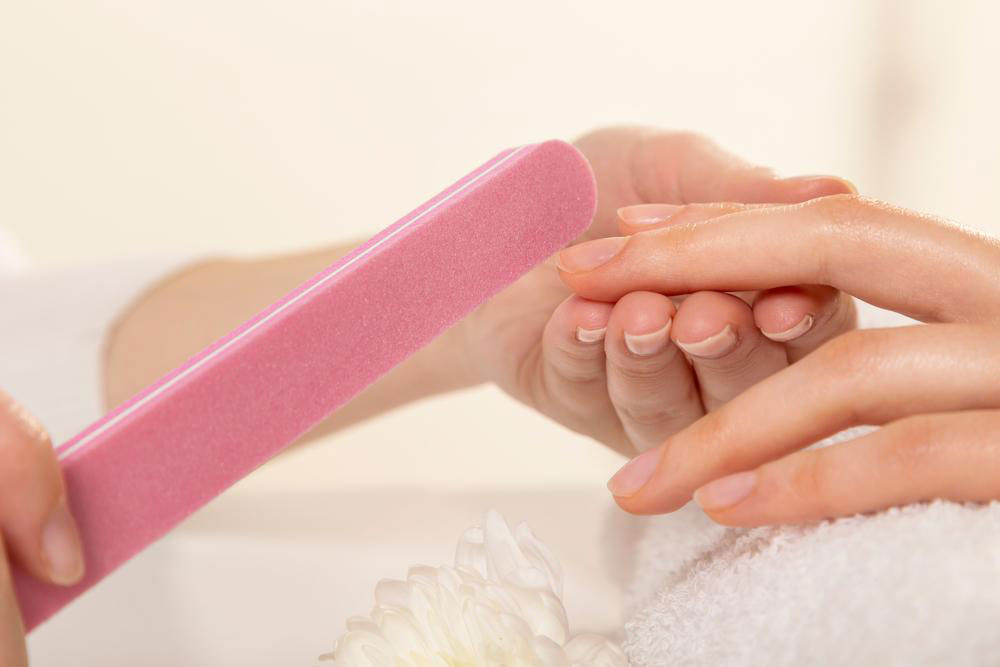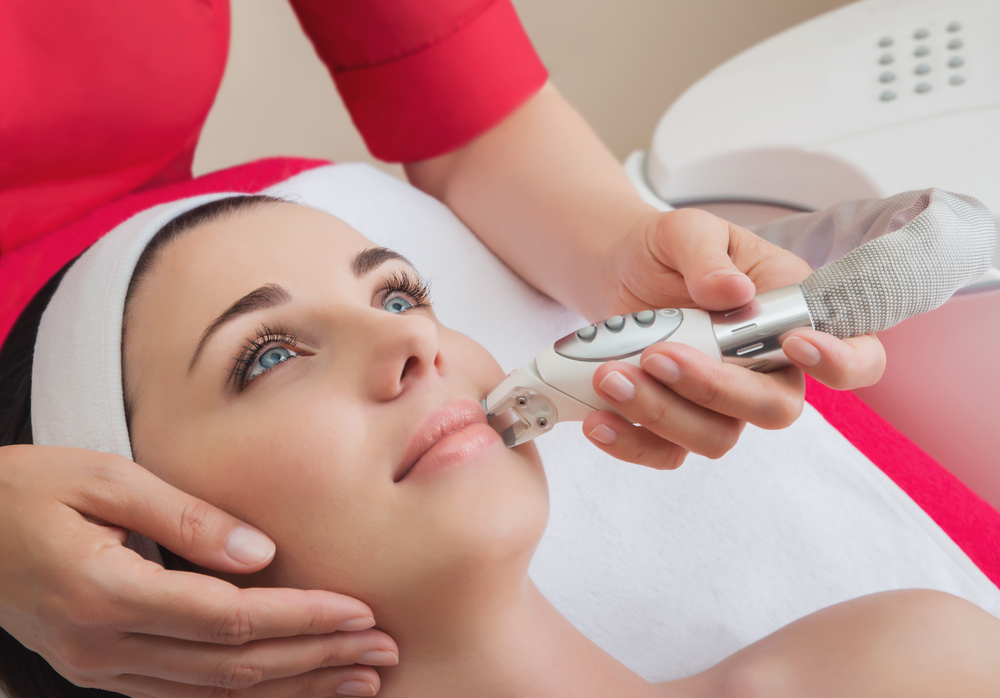Comprehensive Guide to Starting Your Esthetician Education
Discover everything about starting a career as an esthetician, from educational requirements and certifications to choosing the right school. Learn about industry associations, curriculum essentials, program durations, and tuition costs, all aimed at helping you enter this thriving beauty industry with confidence. Whether you're interested in basic skincare or advanced treatments, this guide provides the insights needed to kick-start your esthetician journey and find the best programs available in your state.

Comprehensive Guide to Starting Your Esthetician Education
Find out everything about pursuing esthetician training
While inner beauty is essential, a glowing complexion and well-maintained skin significantly boost confidence and create memorable first impressions. With an increasing number of spas and salons opening daily, demand for skilled skin care professionals continues to rise. According to the U.S. Bureau of Labor Statistics, employment in the skincare industry is projected to grow by 13% between 2016 and 2026. The median annual salary for estheticians stands at around $30,270, with top earners making up to $59,780.
Esthetician careers offer flexibility, manageable stress levels, and opportunities for higher earnings with experience. Choosing the right esthetician program is critical for success. Here's what you should know before enrolling in your local top esthetician school:
Educational Qualifications
Requirements for becoming an esthetician vary by state. Nearly all states, except Connecticut, mandate completion of a licensed cosmetology or esthetician program to qualify for licensing. The required course hours also differ, ranging from 300 to 1,500 hours, with a typical average of 600 hours nationally. Applicants must pass both written and practical exams to obtain their license. Continuous on-the-job training is often recommended as the industry evolves with new products and techniques.
Industry Associations
The primary trade organizations in the U.S. include the Professional Beauty Association and the American Association of Cosmetology Schools. These groups support licensed professionals, esthetician schools, salons, and product companies through online resources, webinars, and seminars to keep industry standards current. You can locate reputable esthetics schools in your state through the resources provided by these associations.
Additionally, exploring the American Association of Cosmetology Schools can help identify the best programs near you.
Curriculum Content
When choosing an esthetician program, ensure the coursework covers key areas like:
Skin analysis and condition assessment
Body cleansing treatments
Advanced procedures with chemicals
Makeup application techniques
Spa and massage treatments
Salt glow exfoliation
Sanitation and infection control
Business skills and client management
State-specific laws and regulations
Waxing and hair removal
Aromatherapy
Verify that the program is approved by your state’s Board of Cosmetology before enrolling.
Course Duration
Most esthetician programs take around four to six months to complete, amounting to approximately 600 hours of training. In the U.S., 31 states require at least 6 hours for a basic license, with others demanding between 650 and 1500 hours. You can attend full-time or part-time classes based on your schedule. Advanced certifications, including laser treatments and chemical peels, typically require 1200 to 1500 hours of study.
Tuition and Financial Assistance
Tuition fees for esthetician programs vary widely: basic licensing courses often cost between $3,000 and $5,000, while advanced certifications may range from $8,000 to $10,000. Federal scholarships are limited, but some schools may accept state funding or financial aid options based on eligibility.
Armed with this knowledge, you are prepared to enroll at a reputable best esthetician school near you and begin your journey into the skincare industry.









